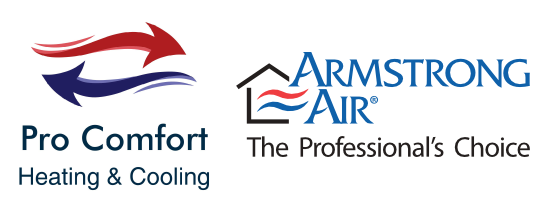As temperatures drop and heating systems kick into gear, winter can be unforgiving—especially if your HVAC system isn’t ready. A proactive inspection not only prevents breakdowns but also improves efficiency, safety, and comfort. Here’s a checklist of key items every homeowner or technician should review before the cold sets in.
✅ 1. Replace or Clean Air Filters
Dirty filters restrict airflow, forcing your system to work harder and reducing indoor air quality. Replace filters every 30-90 days, depending on usage and filter type.
✅ 2. Inspect the Thermostat
Test your thermostat to ensure it switches to heating mode correctly. Calibrate settings for winter comfort and consider upgrading to a programmable or smart thermostat for better control.
✅ 3. Clear Furnace Area
Remove any clutter around the furnace or air handler. A minimum of 3 feet of clearance ensures proper airflow and reduces fire hazards.
✅ 4. Check Carbon Monoxide Detectors
Replace batteries and test all CO detectors. A malfunctioning furnace can leak dangerous gases—this step is non-negotiable for safety.
✅ 5. Examine Ductwork
Look for visible gaps, disconnected joints, or signs of insulation damage. Sealing leaks can improve system efficiency and reduce energy bills.
✅ 6. Clean Registers and Vents
Vacuum dust and debris from supply and return vents. Blocked airflow can cause uneven heating and strain your system.
✅ 7. Inspect the Heat Exchanger
Cracks or corrosion in the heat exchanger can lead to carbon monoxide leaks. This inspection is best handled by a licensed technician.
✅ 8. Test Emergency Heat Mode (for Heat Pumps)
Ensure your backup heating system activates properly. This is critical during freezing conditions when the primary heat pump may struggle.
✅ 9. Check Outdoor Units
If you have a heat pump, clear away vegetation and debris. For homes with separate AC condensers, cover the unit to protect it from snow and ice.
✅ 10. Schedule a Professional Tune-Up
A certified HVAC technician can catch issues early, clean internal components, and verify safe operation. Preventative maintenance saves money and headaches down the line.
Final Thoughts
Winter HVAC prep isn’t just about comfort—it’s about safety, efficiency, and peace of mind. Whether you’re a homeowner or a technician, this checklist helps ensure your system is ready to handle the season’s demands.



